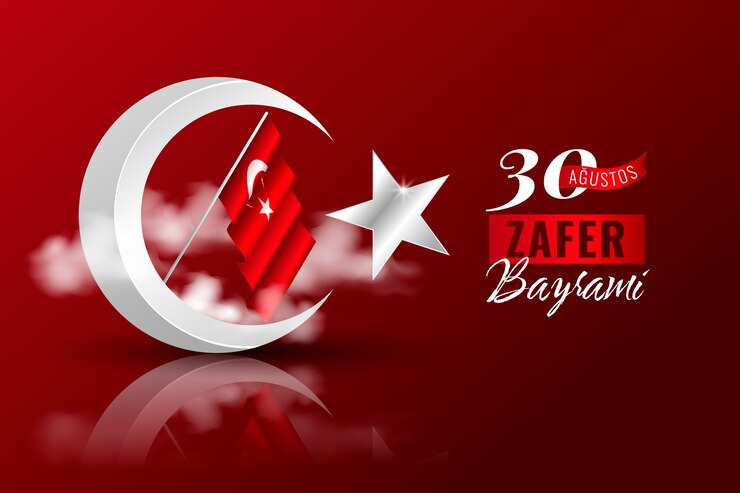Introduction
Have you ever wondered about the term “utanmaz türklere”? It’s a phrase that carries weight in the Turkish community, often used to describe individuals or behaviors deemed shameless. But what does it truly mean, and why is it important to understand? This blog post dives deep into the origins, implications, and psychological effects of being labeled an “utanmaz türk,” while also offering strategies to counter the stigma. By the end of this article, you’ll have a comprehensive understanding of this complex term and its significance in modern Turkish society.
Historical Context
To grasp the full meaning of “utanmaz türklere,” it’s essential to explore its historical roots. The term “utanmaz” means shameless, and when combined with “türk,” it describes someone who is seen as lacking shame within the context of Turkish culture.
The evolution of the term over time reflects changes in social values and norms. In earlier periods, being labeled as “utanmaz” could lead to social ostracism and severe consequences. However, as society progressed and modernized, the term began to take on new connotations, often used in political and media contexts to criticize or demean individuals.
Understanding this historical context is crucial, as it helps us see how the term has evolved and why it continues to hold significant cultural power.
Social and Political Implications
“Utanmaz türklere” is not just a term; it’s a powerful label that can shape social interactions and political discourse. In social settings, calling someone “utanmaz” can be a form of social control, aiming to enforce conformity to cultural norms.
By labeling someone as “utanmaz,” detractors aim to undermine their credibility and moral standing. This tactic is particularly prevalent in politics, where opponents use it to sway public opinion and garner support.
The social and political implications of this term highlight its role as a tool for maintaining the status quo and suppressing dissent. Understanding these dynamics is key to addressing the broader issues associated with “utanmaz türklere.”
Psychological Effects

Being labeled as an “utanmaz türk” can have profound psychological effects. The stigma attached to the term can lead to feelings of shame, guilt, and low self-esteem. For many, it becomes a part of their personal identity, shaping how they see themselves and interact with the world.
The constant pressure to conform to societal norms can be mentally exhausting, leading to stress and anxiety. Individuals may feel isolated, as the label often implies a lack of moral integrity or respectability. This internalization of shame can hinder personal growth and well-being, making it challenging to break free from the negative cycle.
By addressing these issues, we can help individuals reclaim their identity and build a more inclusive society.
Countering Stigma
Countering the stigma associated with “utanmaz türklere” requires a multifaceted approach. First and foremost, education is crucial. Raising awareness about the term’s historical and cultural context can help demystify it and reduce its power as a tool for social control.
Creating safe spaces for open dialogue is another important strategy. Encouraging conversations about the term and its implications allows individuals to share their experiences, find support, and challenge negative stereotypes. Community initiatives and support groups can play a vital role in this process.
Empowerment through positive representation is also key. Highlighting stories of individuals who have successfully countered the stigma and embraced their identity can inspire others to do the same. Media campaigns, art, and literature can all contribute to changing the narrative around “utanmaz türklere.”
Conclusion
In conclusion, understanding and addressing the issue of “utanmaz türklere” is vital for fostering inclusivity and understanding within the Turkish community. By exploring the term’s historical context, social and political implications, and psychological effects, we can develop strategies to counter its stigma and support those affected by it.

